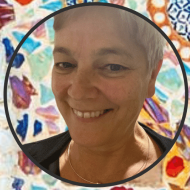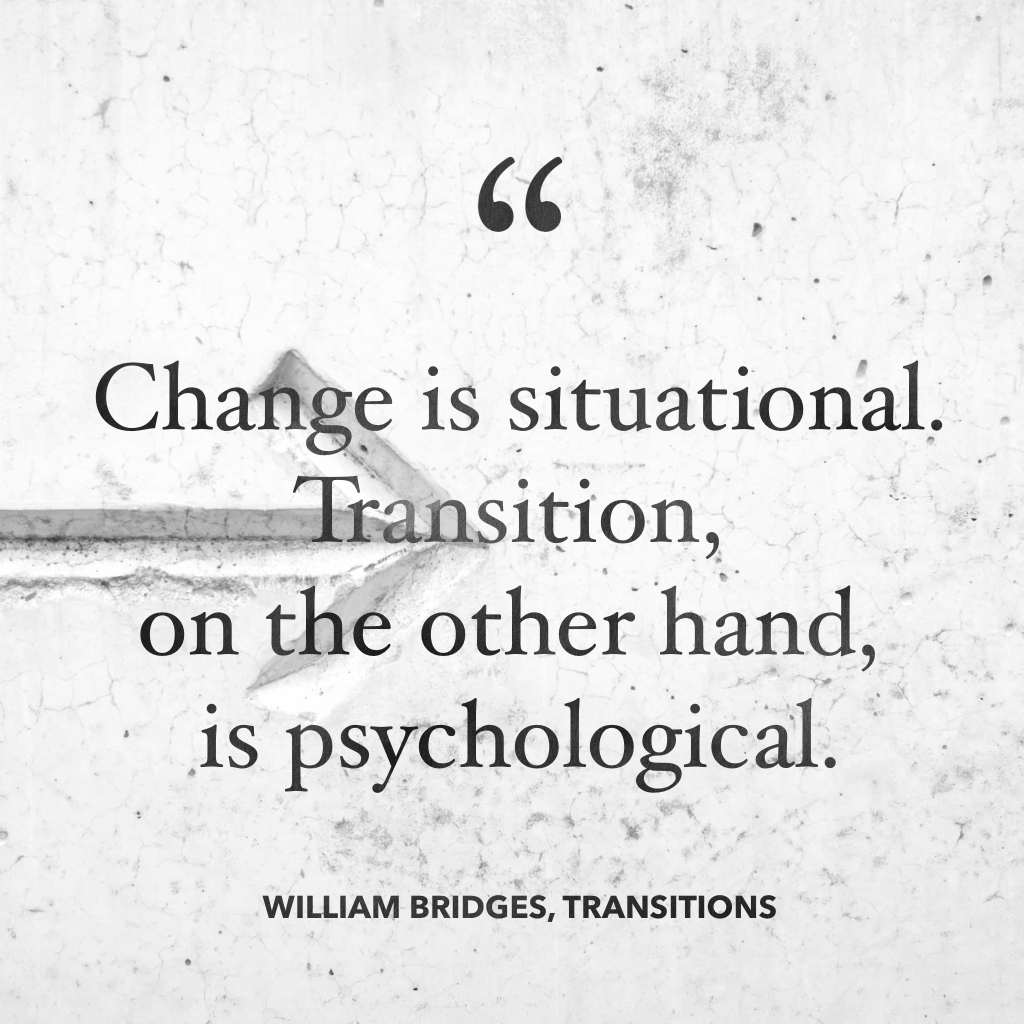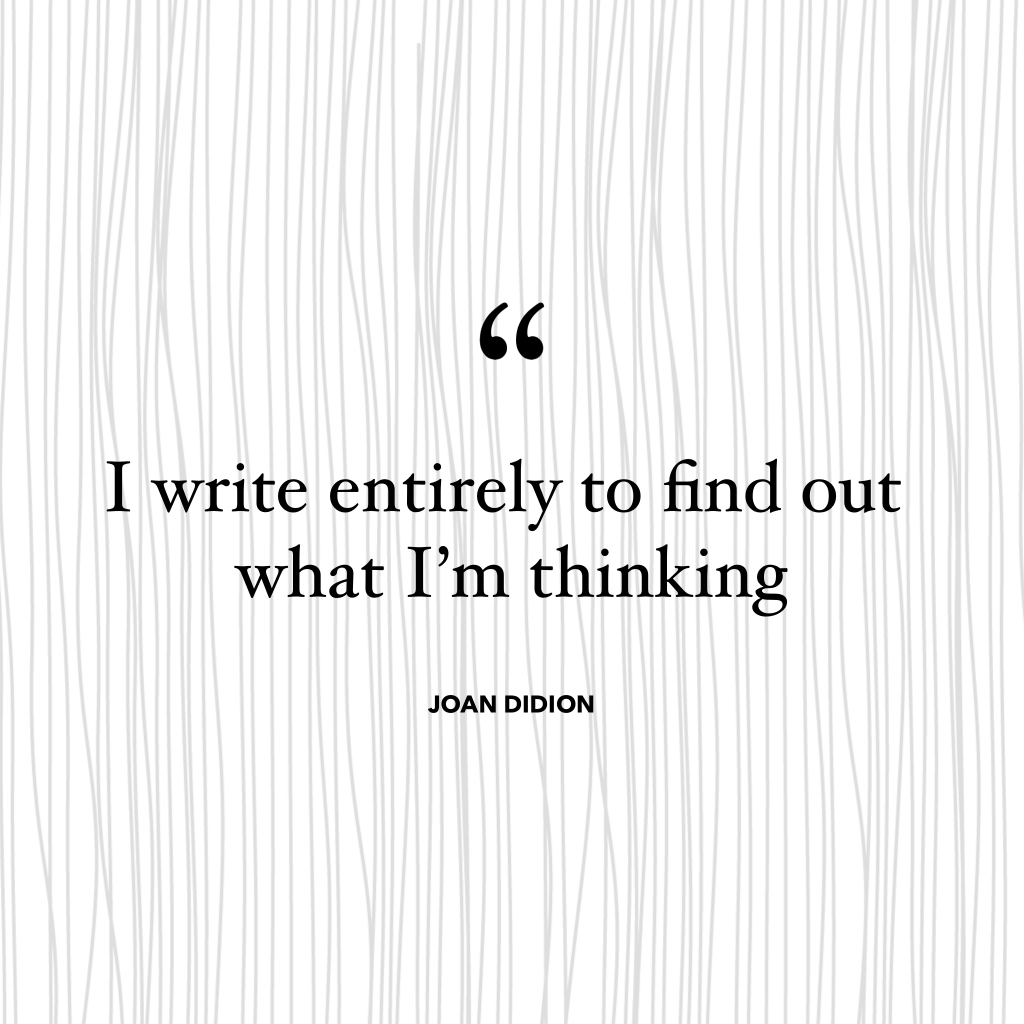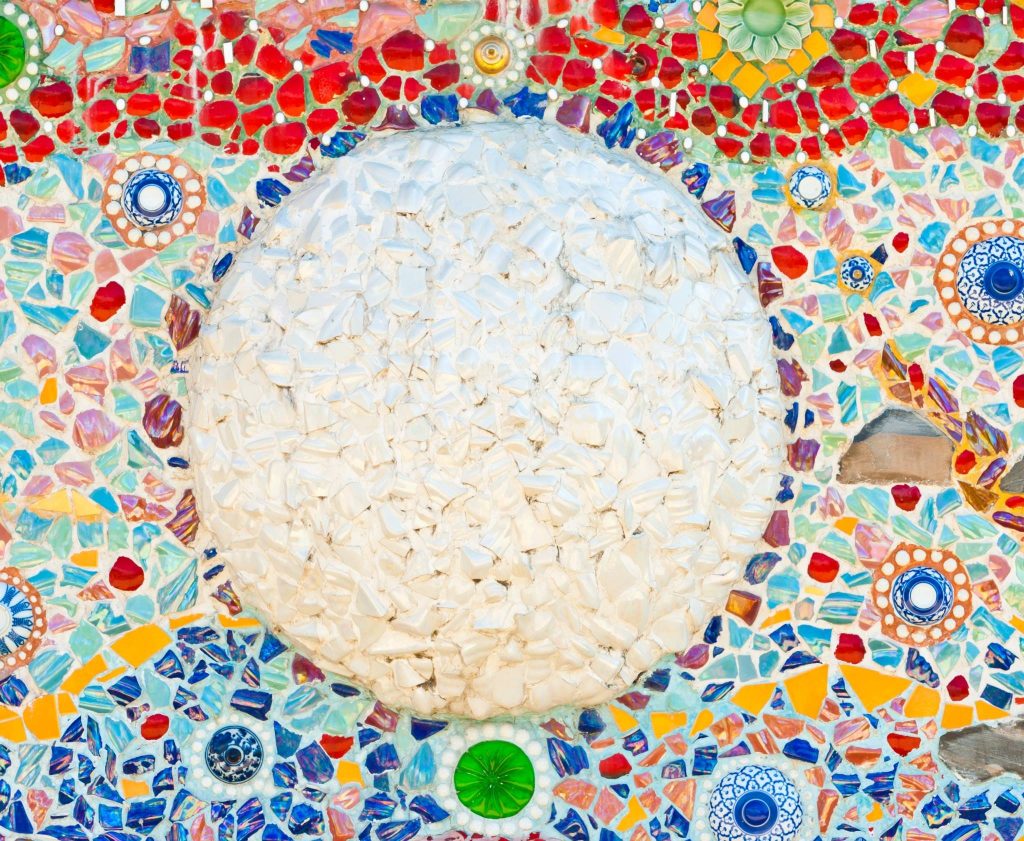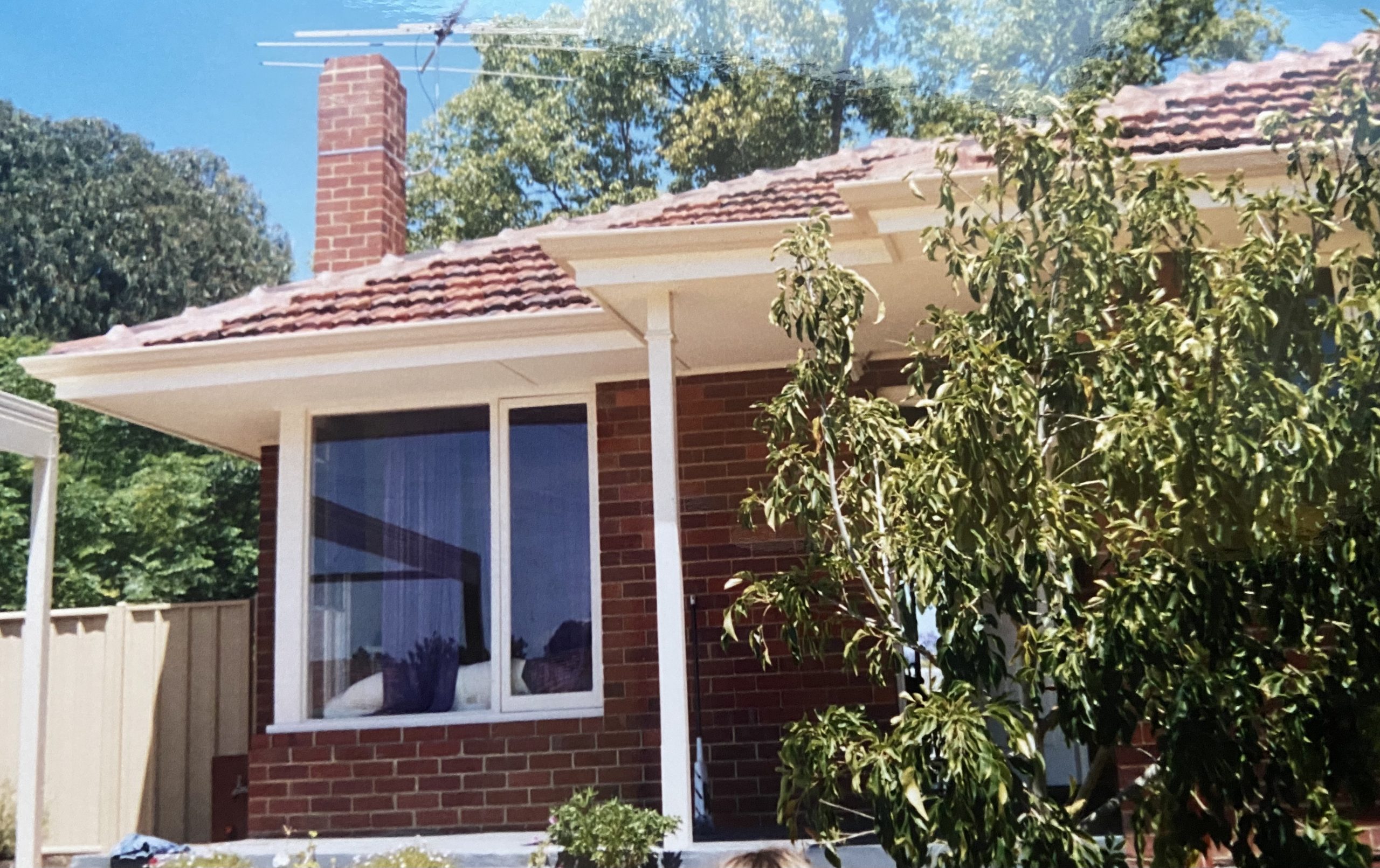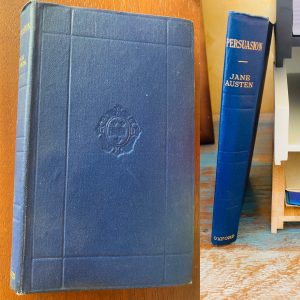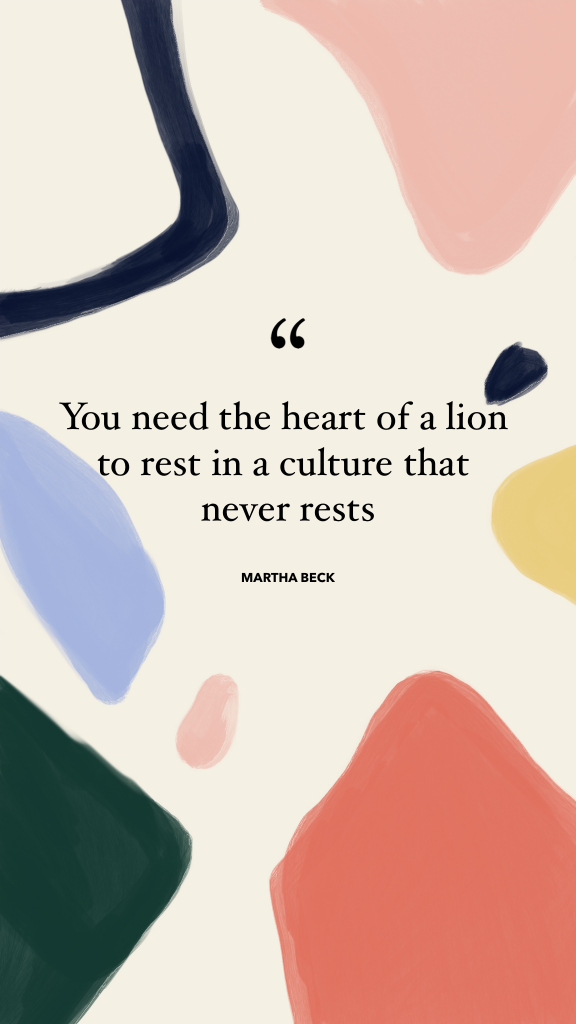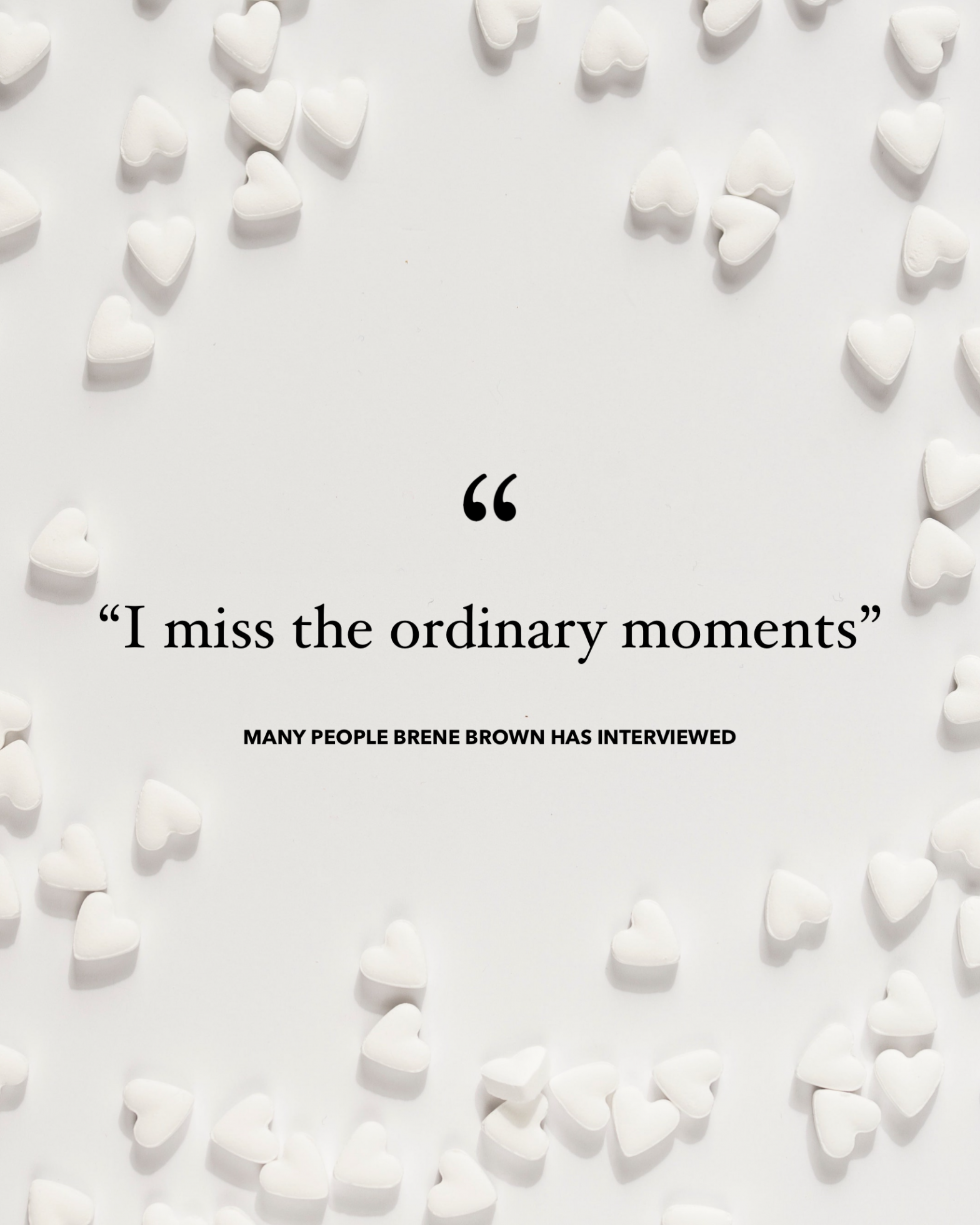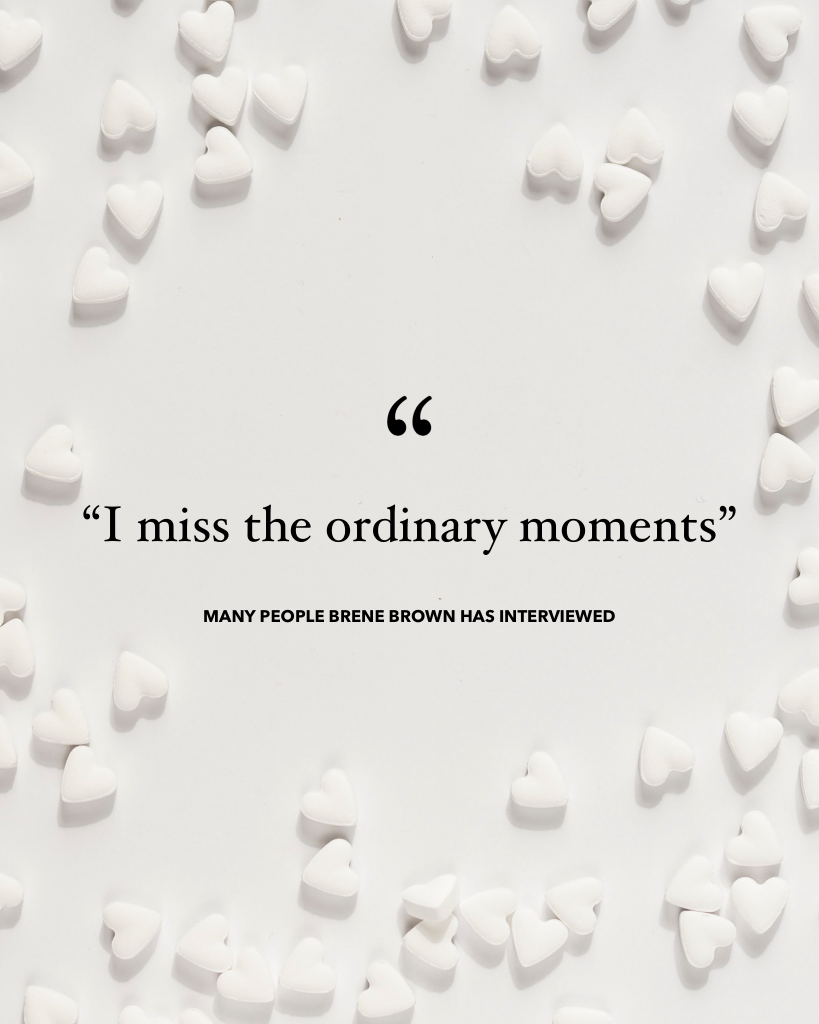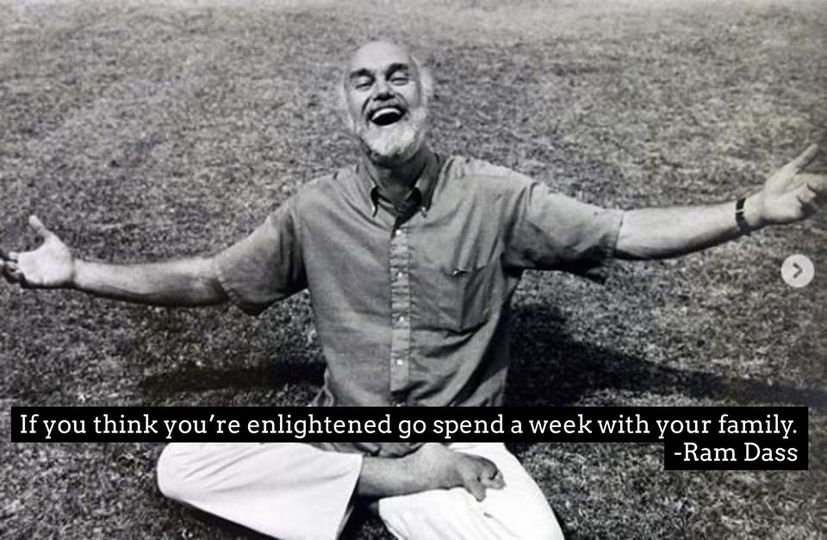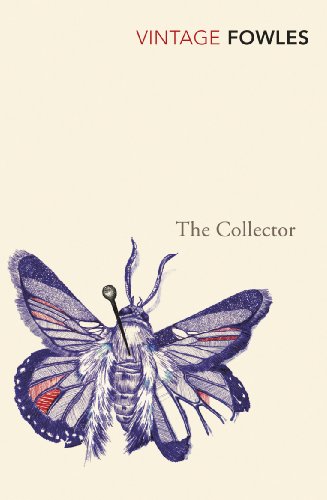Sunday Blog 17, 26 December 2021
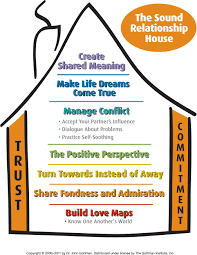
‘Tis the season for being in close contact with family and/or chosen family and perhaps conflict is something that is top of your mind.
It’s on the top of mine, as I have been attending an 8-week Relationships Australia course entitled Building Better Relationships with my beloved. Much of it is based on the work of John Gottman et al, the researchers who observed thousands of couples. They were able to determine, with 94% of accuracy, which couples will have a healthy relationship versus those who will split or stay unhappily partnered. The marker they identified was the “Four Horses of the Apocalypse” aka negative communication patterns of criticism, contempt, defensiveness, and stonewalling. When these become embedded, the relationship suffers.
69% was a figure I could not get out of my head during this course. It is the percentage of conflicts in an intimate relationship that are not solvable. They literally cannot be solved (because opposites attract, right?) and can only be managed. It normalised the reality that staying partnered can be hard, and bringing attention to how we communicate with each other is a game-changer.
It took five of the eight weeks of the course before we were allowed to get onto conflict, as we needed to build up the positive habits of truly getting to know your partner, sharing fondness and admiration, responding when your partner makes a bid for your attention, support or comfort. Then there’s giving your partner the benefit of the doubt, not rushing to be offended or criticise.
Then you can start tackling conflict. There is 31% of solvable conflict you can start nibbling around the edges. Then you begin to tackle the unsolvable ones, like differing levels of tidiness, ways of handling money. You bite off this big chunk by exploring what is underneath your partner’s attitude e.g. towards money. Then it can transform your conversations, but the differences will remain.
I even have a lovely shade sail out the back, shifting a previously gridlocked conversation between my darling partner and me. By completing our week 5 homework we moved right through to the other side.
Anyhoo, this 8-week course is literally the best $180 I have ever spent.
Merry Christmas!
